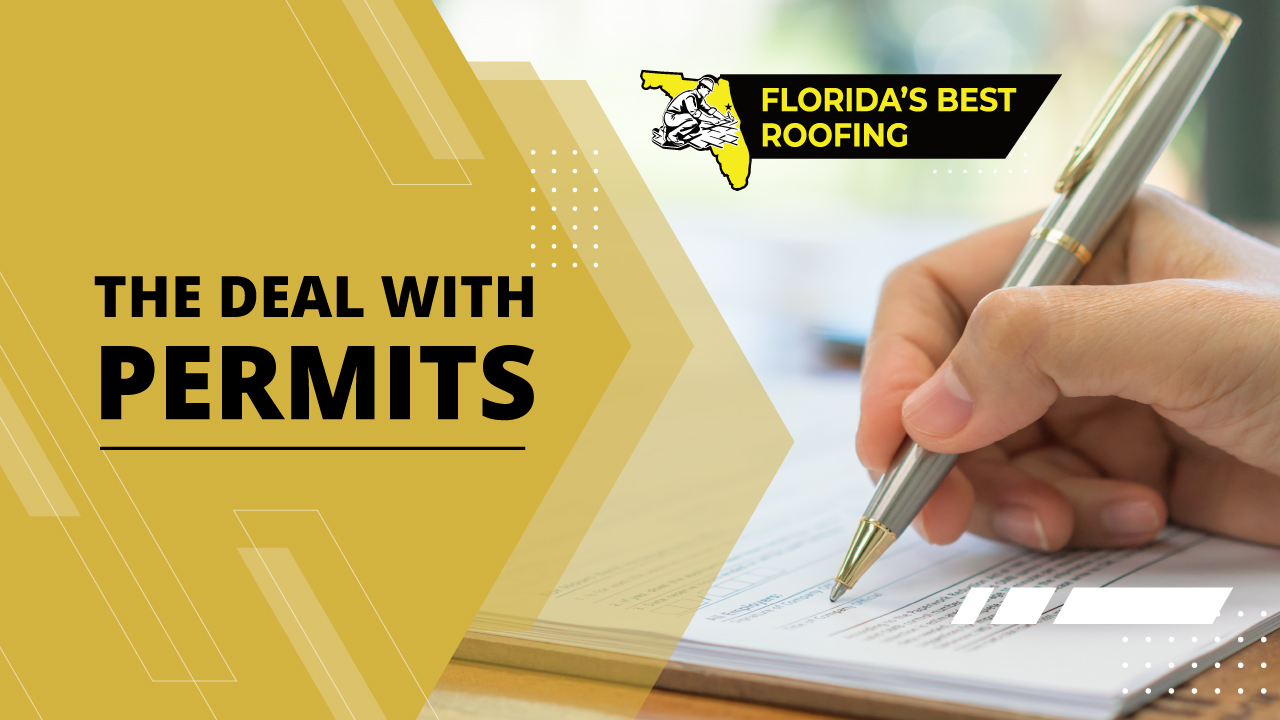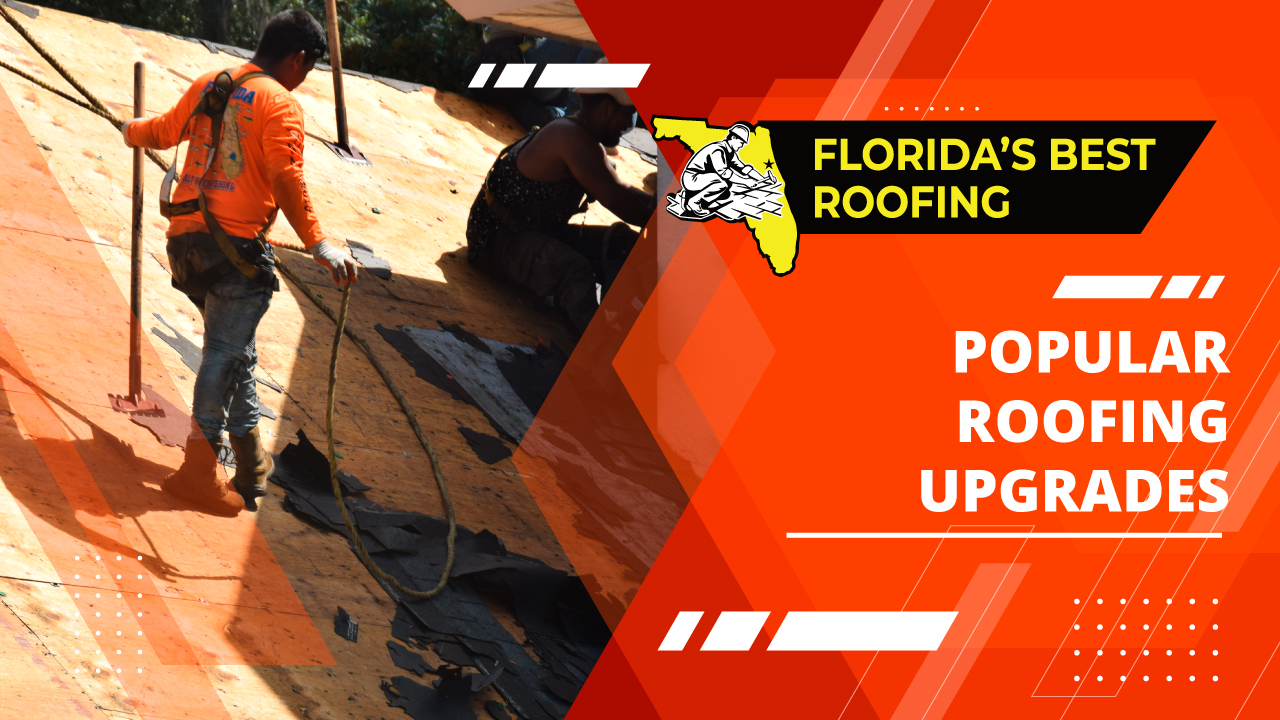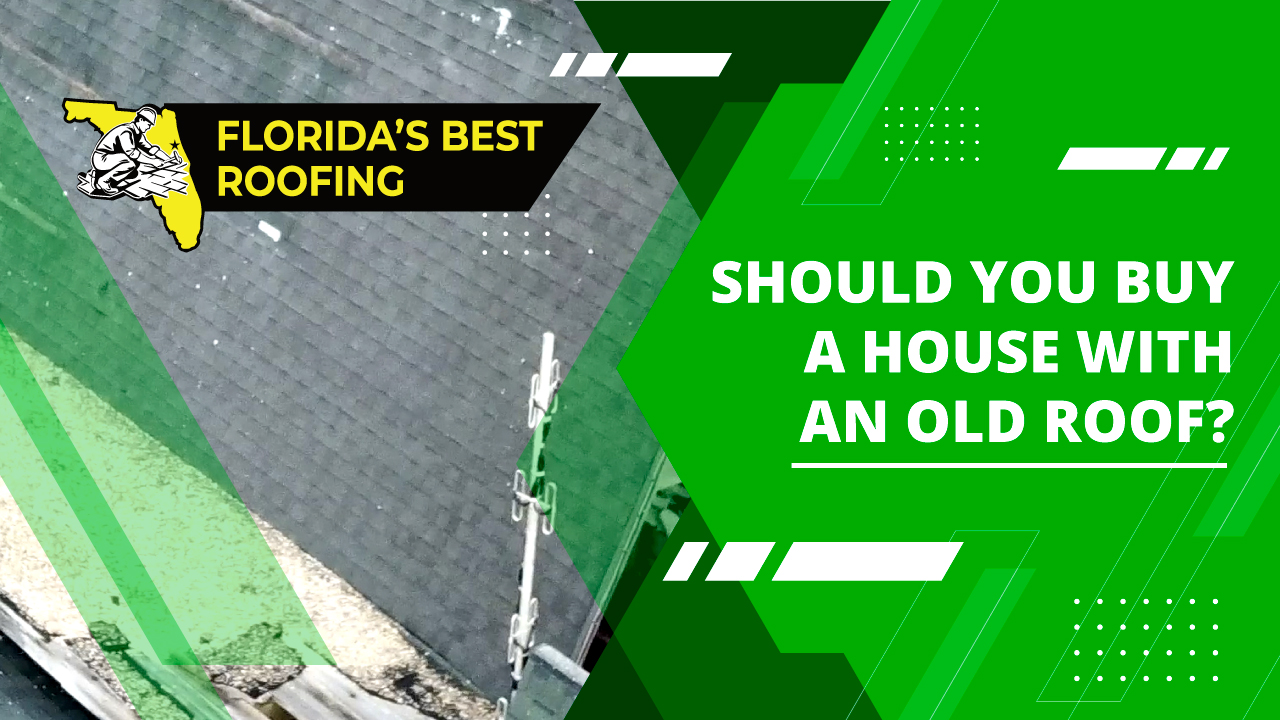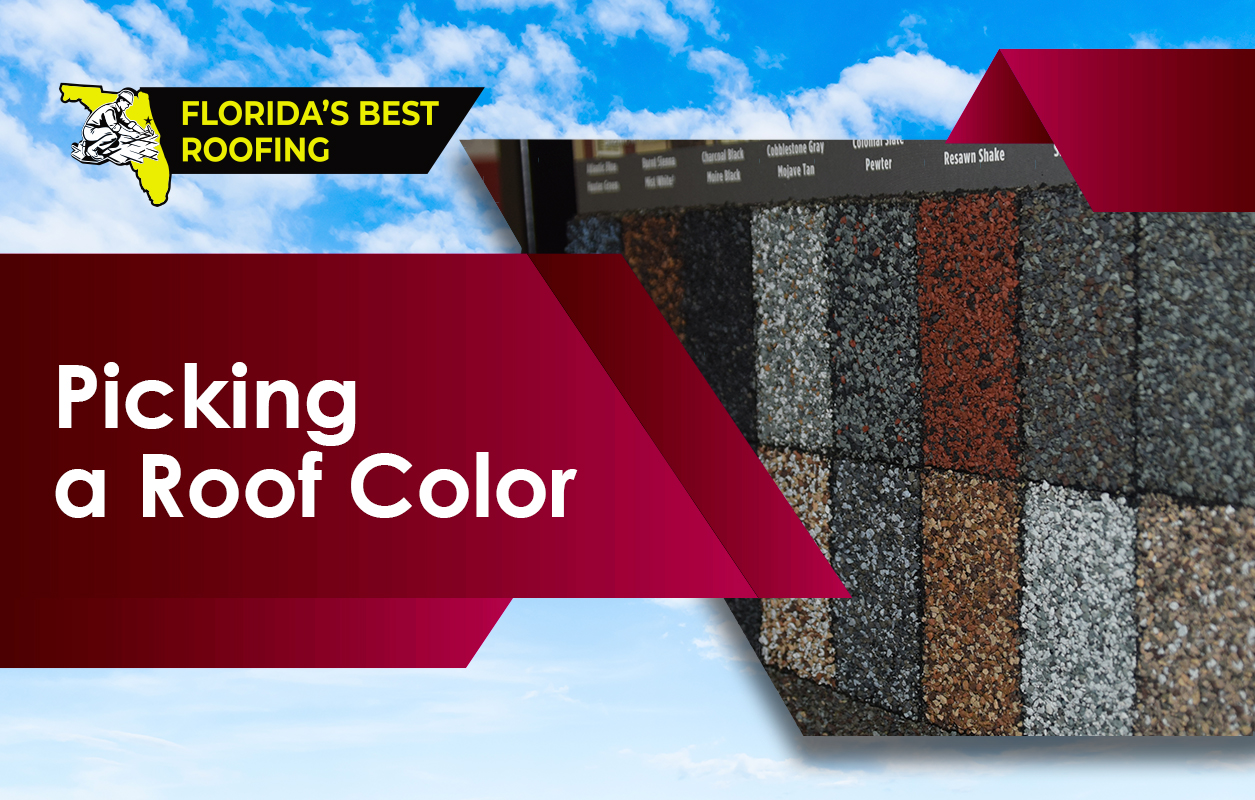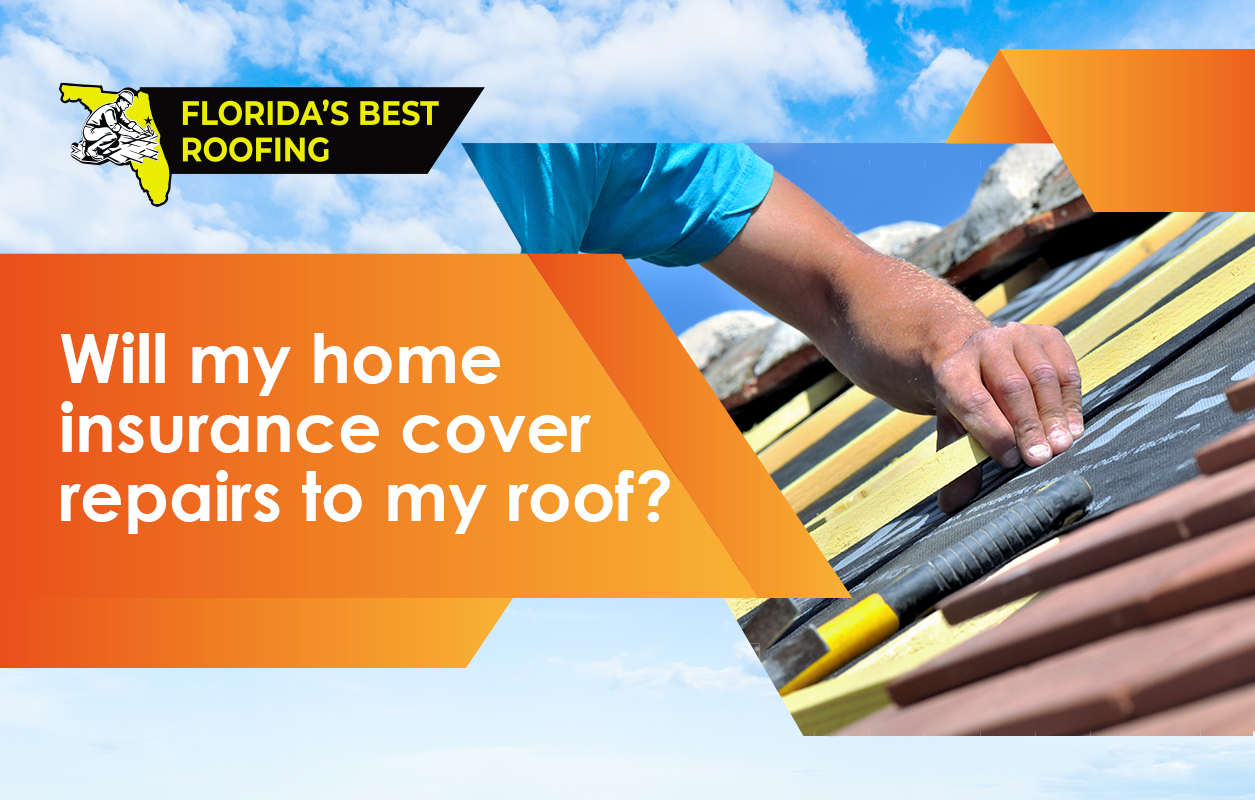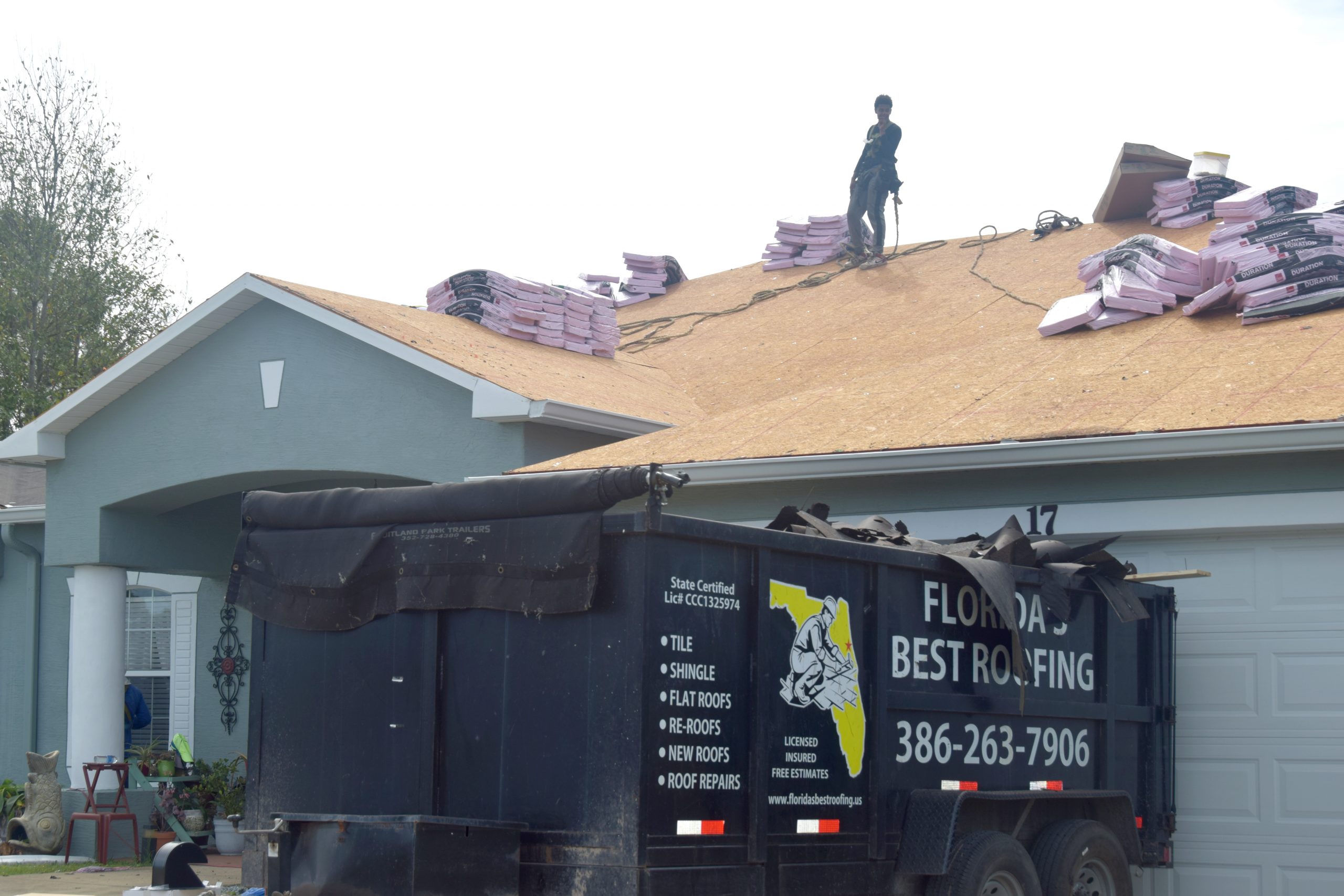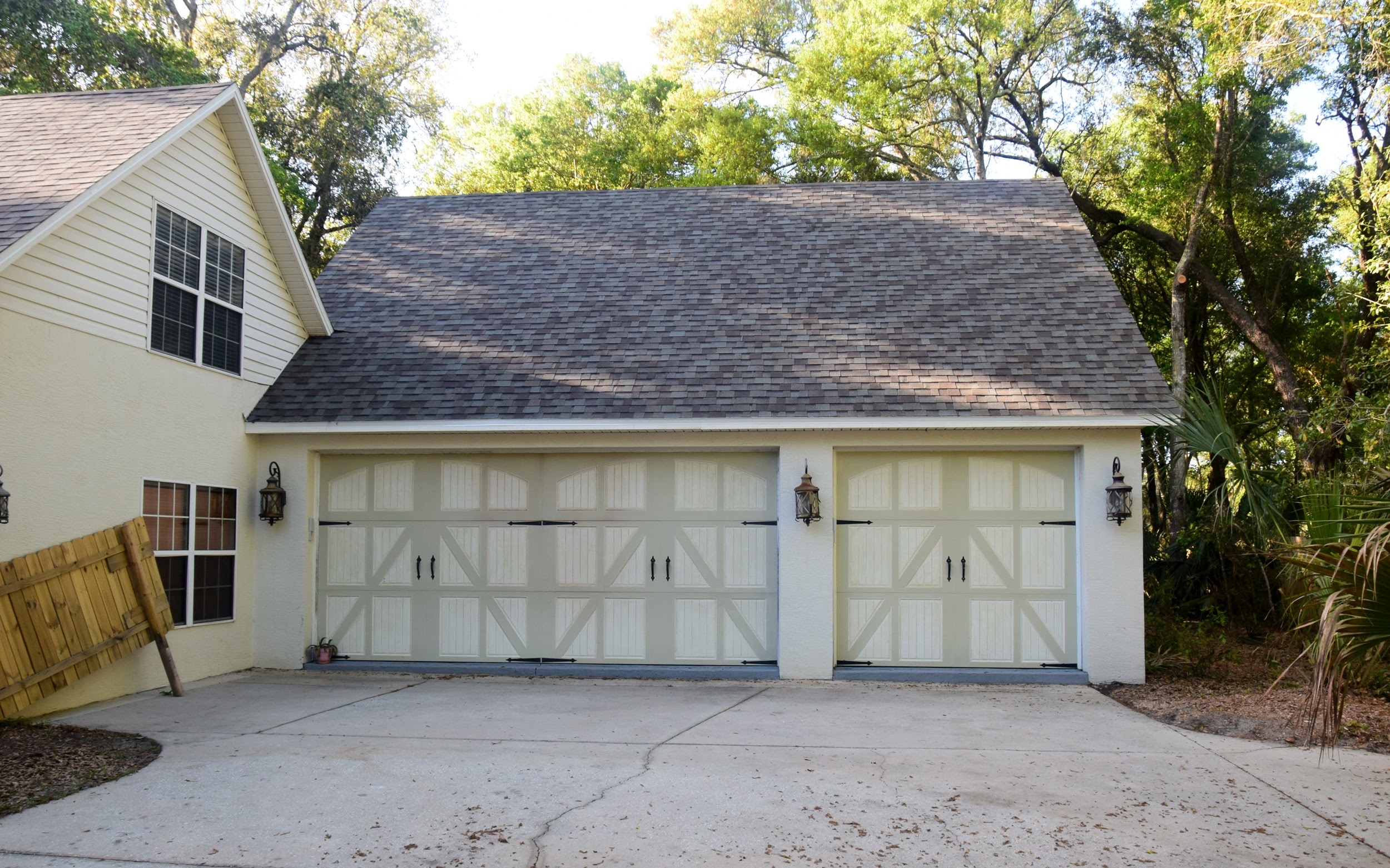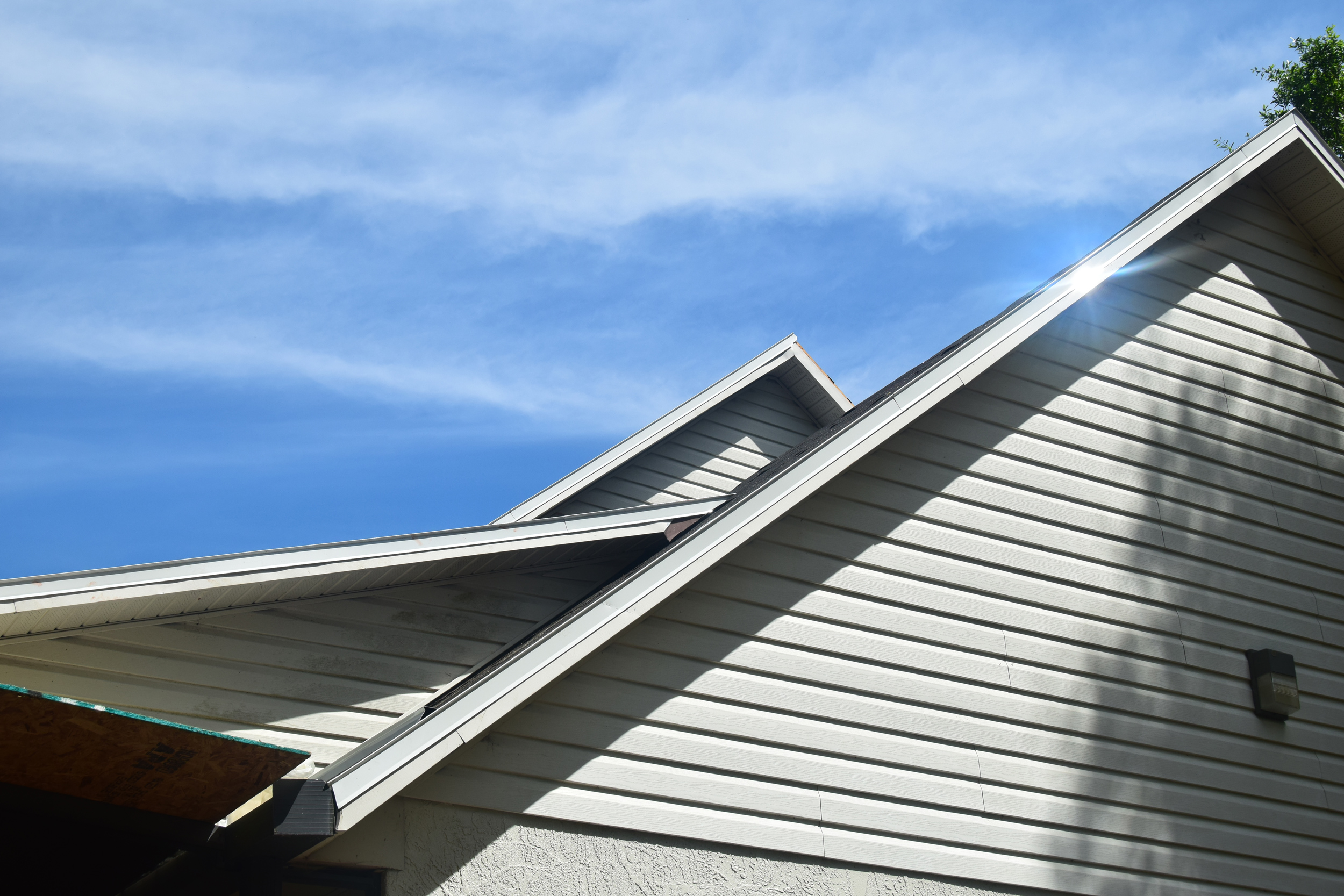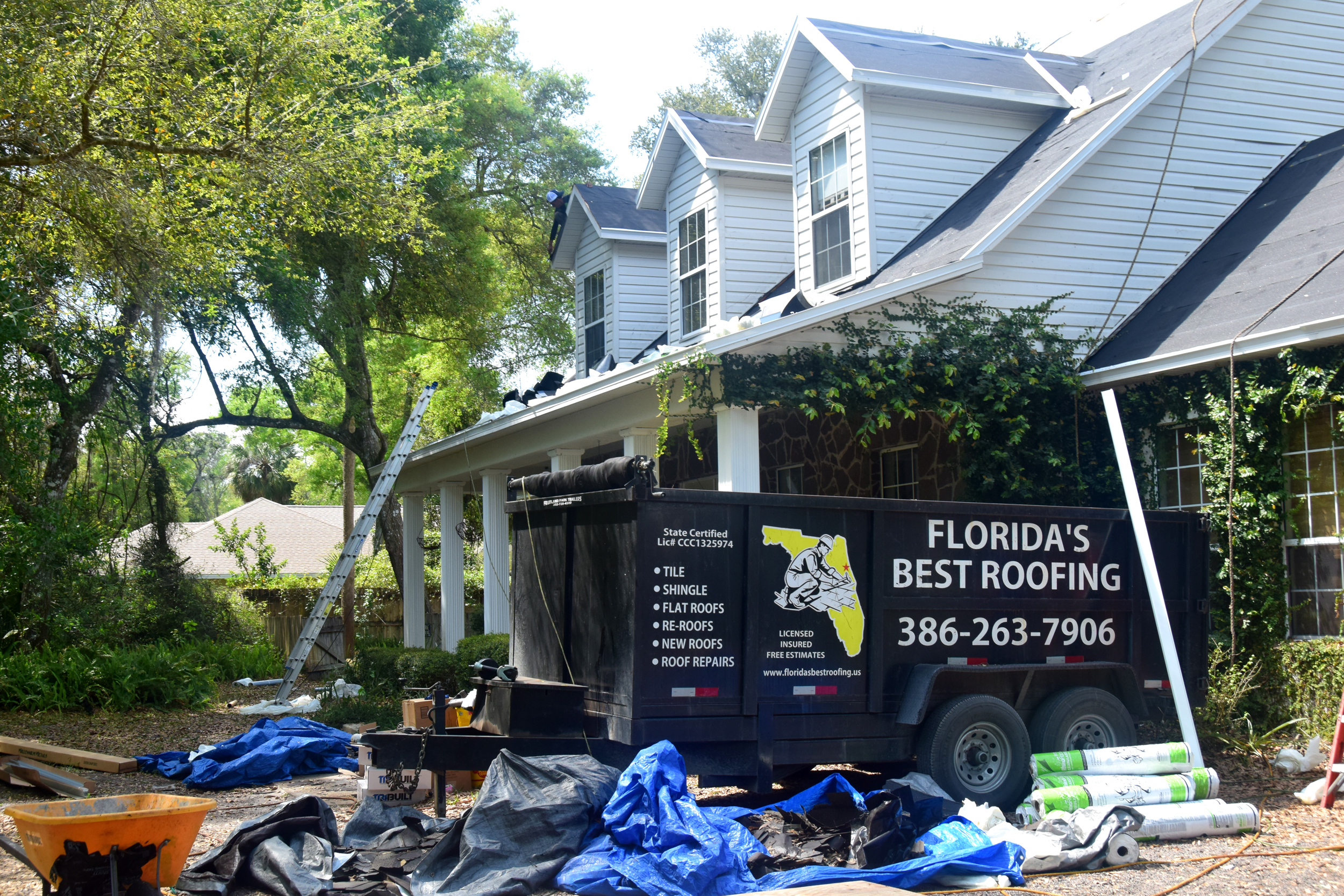The Deal with Permits
If you are looking into making any large alteration on your home or property or undertaking a large renovation project you may have run into the question of building permits. Building permits are required not only for the construction of new commercial and residential structures, but also for major changes made to existing structures. The precise rules governing building permits vary by location. Which alterations require a permit and how the permitting process works, including inspections and paperwork requirements, as well as permit prices, varies by location. Local building departments, whether city, county, or municipal, make their own rules in accordance with federal, state, and local statutes and building codes. New construction, roof replacement, building additions, sheds, fences, and paving (like driveways for instance), usually requires a building permit. So, you may wonder, why are building permits necessary? And what are the procedures for getting one? We are here to answer these questions.
Why Permits are Necessary
The building permit system is designed to protect the property owner and regulate contractors. This protection is twofold. First, it ensures that construction, alteration, and renovation is performed according to all applicable building codes. This guarantees that the final construction product is as safe as possible for human use and habitation. It seeks to prevent shoddy or inept building practices that may result in a structure that is prone to collapse, fire, and other hazards. One example of these hazards is prohibition against the use of toxic substances that have been banned in home construction, even those that may have been considered suitable in the past, like lead or asbestos. Building codes also attempt to make sure a structure is as durable as possible for the environment that it is in. This pertains to various natural hazards like earthquakes or flooding and weather events like winter icing and snow accumulation, rainfall, and wind. In Florida building codes are designed to mitigate damage from hurricanes and tropical storms.
The second way that building permits protect property owners is through the regulation of contractors. Contractors, whether building, roofing, electrical or any other, must register with local building departments in order to be listed on or granted a permit. During the registration process the building department reviews each contractor’s license and insurance compliance. Going forward, the building department ensures that licenses and insurance policies remain up to date and in good order. This means that only licensed, insured, qualified contractors in good standing are granted building permits, which weeds out deceptive contractors who operate illegally, are liable to do shoddy work, and may cheat their customers. For this reason, you should always make sure that any contractor you hire is registered with the local building department and is issued the appropriate building permit. If your contractor does not apply for a building permit, you should check their license status and may want to find a new contractor.
The Permit Process
The permit process, determined by each local building department, varies by town, city, or county, but a general outline can be summarized here. For every new construction or major renovation at every property a separate permit is required. Before a contractor can start work, they must apply for and be issued a permit. For new constructions, plans must be submitted to the building department and approved by them. For renovations, like a roof replacement, paperwork must be submitted and approved, such as a Notice of Commencement, which lists the type of alteration, the owner of the property, and the contractor. This form needs to be signed and notarized by the property owner and recorded and certified at the local courthouse before its submission can be approved. For this reason, a contractor will ask you to come to their office to sign and notarize this form or sign it, notarize it, and mail them the original copy to be taken to the courthouse. Sometimes additional paperwork is required for the homeowner to sign, like a Lien Law Affidavit, which pertains to the acknowledgement of the local construction lien law.
Once the permit is issued, a copy of it alongside other relevant paperwork, as required by the building department, must be present on the property throughout the construction process. It is reviewed by building inspectors, who are sent out by the department to ensure that construction proceeds in accordance with all building codes. Several inspections occur throughout the process, depending on the exact nature of the construction project. The project and permit cannot be closed out until it passes final inspection, which shows that all work has been completed according to building codes and approved by the building department.
As your contractor, we will always work as hard as we can to make sure you are pleased with your new roof and ensure a smooth permitting process. If you are interested in roof replacement and you are in the Palm Coast, Flagler, or Volusia area, please give Florida’s Best Roofing a call at 386-263-7906 for a free estimate!

